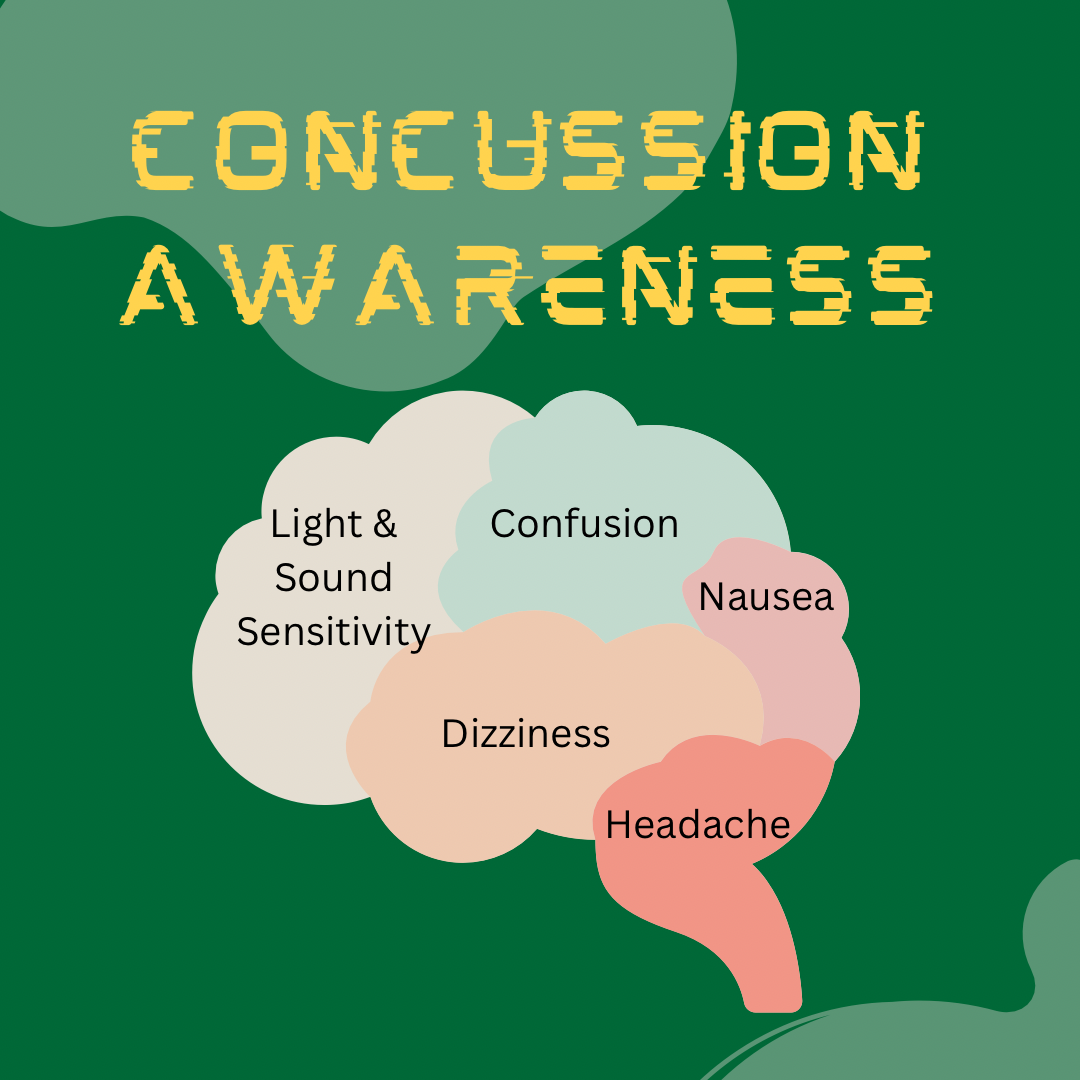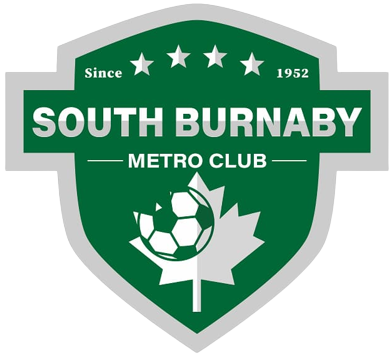Concussion Awareness

Concussion is a type of traumatic brain injury caused by a bump, blow, or jolt to the head, forcing movement inside the skull, and the head and brain to rapidly accelerate and decelerate, and resulting in temporary disruption of normal brain function.
How to respond to a concussion:
- Stop the Play: If a player shows signs of a possible concussion, stop the game to assess their condition.
- Immediate Removal: Take the player out of the game and do not allow them to return on the same day.
- Assess: Conduct a quick sideline assessment for signs of a concussion. See signs and symptoms below.
- Seek Medical Attention: Ensure the player is evaluated by a healthcare professional with experience in concussion management.
- Follow Return-to-Play Protocol: Adhere to established concussion protocols for the sport. Monitor symptoms and follow a gradual return-to-play progression once medically cleared.
Signs and Symptoms
It's important to note that symptoms can vary from person to person, and they may not always be immediately apparent. Common signs and symptoms of a concussion include:
- Headache: One of the most common symptoms is a headache, which can range from mild to severe.
- Confusion or feeling dazed: Individuals may feel confused, have difficulty concentrating, or feel like they are in a fog.
- Amnesia: Forgetfulness about the traumatic event or the period immediately before and after it.
- Dizziness or balance problems: Feeling unsteady, lightheaded, or experiencing difficulty with balance.
- Nausea or vomiting: Some people may feel nauseous or may vomit after a concussion.
- Fatigue: Feeling unusually tired or lacking in energy.
- Sensitivity to light or noise: Increased sensitivity to light or noise is common.
- Sleep disturbances: Changes in sleep patterns, such as difficulty falling asleep or sleeping more than usual.
- Blurred or double vision: Problems with vision, including blurred or double vision.
- Irritability or changes in mood: Individuals may become easily angered, irritable, or experience mood swings.
Red Flags
It's important to seek medical attention if any of the following red flag symptoms are present, as they may indicate a more severe injury:
- Loss of consciousness: If the person loses consciousness, even briefly, after the injury.
- Severe or worsening headache: A persistent and severe headache that does not improve with over-the-counter pain medication.
- Repeated vomiting: Vomiting multiple times after the injury.
- Seizures or convulsions: Any uncontrolled shaking or convulsions.
- Slurred speech: Difficulty speaking clearly or coherently.
- Weakness or numbness: Weakness or numbness in the arms, legs, or face.
- Deteriorating coordination: Increasing difficulty with coordination and balance.
- Unusual behavior change: Any significant and unexplained change in behavior, such as extreme agitation or confusion.
If you suspect someone has a concussion, especially if red flag symptoms are present, it's crucial to seek medical attention promptly. Delayed or untreated concussions can have serious consequences.
Go to: CATT Online – Concussion Awareness Training Tool for more.
BC Concussion Awareness Week: Concussion-Awareness-Week-Toolkit-2023.pdf (cattonline.com)
